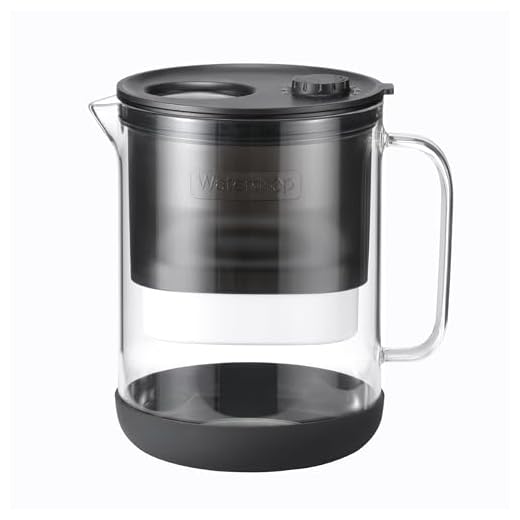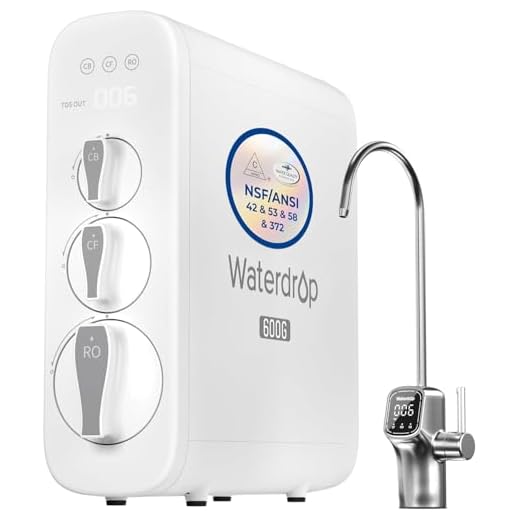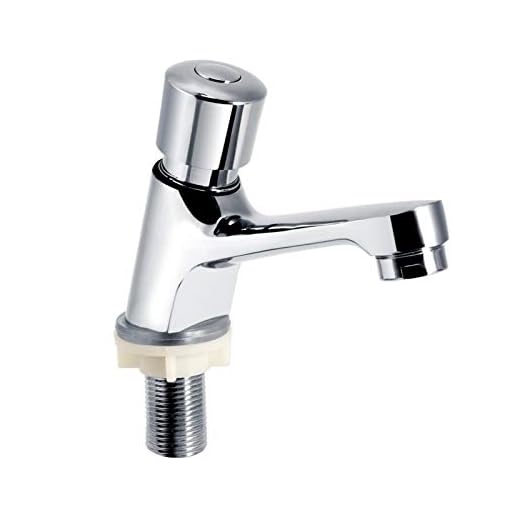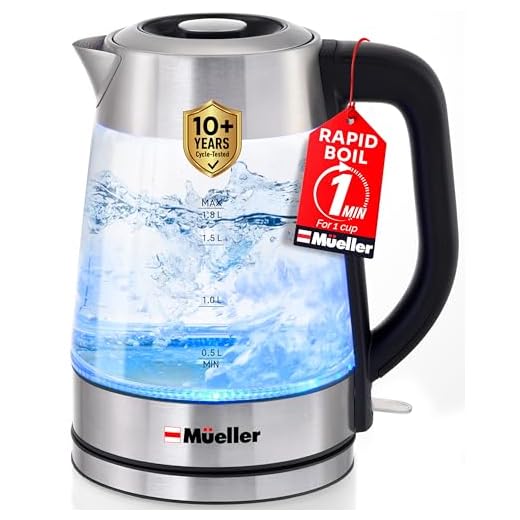




Water Conservation Practices
Adopting efficient water conservation practices can significantly lower water consumption and enhance sustainability. Simple measures, such as fixing leaks and using water-efficient appliances, contribute to minimizing waste. Collecting rainwater for irrigation and employing drought-resistant plants in gardens further promotes responsible water use. These practices not only preserve natural resources but also reduce the energy required for water treatment and distribution, ultimately benefiting the environment.
Incorporating habits like shorter showers and turning off the tap while brushing teeth can lead to substantial water savings. Awareness campaigns often encourage communities to think critically about their water usage. These initiatives foster a culture of conservation and inspire individuals to make informed decisions regarding their daily habits. Overall, integrating thoughtful water management into everyday life contributes to broader efforts aimed at environmental sustainability.
How Filters Promote Sustainable Water Use
Water filters play a pivotal role in encouraging sustainable water use by transforming tap water into a safer and more appealing option for consumption. Many individuals opt for filtered water over bottled options, which significantly reduces the reliance on single-use plastic containers. This shift not only conserves resources used in plastic production but also minimizes waste that often ends up in landfills and oceans.
Moreover, the maintenance of water filtration systems emphasizes the importance of ongoing water conservation practices. Homeowners may adopt a more conscientious approach to their water usage when they recognize the value of maintaining clean sources. Regularly checking and replacing filter cartridges helps ensure optimal performance, thereby promoting awareness of water quality and consumption habits.
The Role of Water Filters in Reducing Pollution
Water filters play a crucial role in purifying drinking water by removing harmful contaminants, which contributes to a healthier environment. These filters can significantly reduce the number of pollutants that enter local ecosystems, as they prevent harmful substances from being released into waterways. By ensuring that the water consumed is free from toxins and chemicals, individuals can help mitigate the adverse effects of pollution on both soil and aquatic life.
In addition to protecting public health, reducing pollution through effective filtration systems lessens the burden on wastewater treatment facilities. When fewer contaminants enter the sewage system, these facilities can operate more efficiently, leading to lower energy consumption and decreased emissions. Investing in high-quality water filters not only promotes personal wellness but also fosters a more sustainable approach to water management, making it a vital practice for eco-conscious consumers.
Filtering Contaminants to Protect Water Sources
The presence of pollutants in waterways has become a pressing environmental issue. Chemicals from agricultural runoff, industrial discharges, and even household waste can contaminate our drinking water sources, posing risks to both human health and ecosystems. Effective filtration systems can significantly reduce harmful substances before they enter residential areas, ensuring cleaner water for communities.
Water filters not only protect individual households but also contribute to broader environmental health. By removing contaminants such as heavy metals, microplastics, and bacteria, filtration systems help maintain the integrity of local water supplies. This, in turn, diminishes the demand for bottled water, reducing plastic waste generation and lowering the carbon footprint associated with water transportation. Cleaner water systems foster healthier communities while supporting the sustainability of natural resources.
Choosing the Right Water Filter
Selecting an appropriate water filter involves several key factors that guide the decision-making process. One essential aspect is to understand the specific contaminants present in your water supply. Conducting a water quality test can reveal harmful substances such as heavy metals, chlorine, or sediment. Based on those results, you can identify which type of filter will effectively address your concerns. The options range from activated carbon filters to reverse osmosis systems, each designed to target different types of impurities.
Another important consideration is the filter’s capacity and maintenance requirements. Different filters come with varying lifespans and replacement schedules, impacting both convenience and long-term costs. Assess how much filtered water your household needs. This will help determine the appropriate size and flow rate of the filter. Additionally, consider the ease of installation and maintenance, as some systems may require professional installation while others can be readily set up by users. Balancing these elements will lead to a more informed choice that meets your water quality needs effectively.
Factors to Consider When Selecting a Filter
Selecting a suitable water filter involves evaluating various key factors. First, understanding the contaminants present in your water supply is essential. Different filters address specific impurities, such as chlorine, heavy metals, or bacteria. Conducting a water quality test can provide valuable insights, guiding you towards an appropriate filtering solution.
Cost is another significant consideration in the selection process. Filters vary widely in price, with factors such as design and maintenance impacting overall expenses. Assessing long-term costs, including filter replacement and energy use, can help determine the most economical choice. Additionally, considering ease of installation and replacement can enhance user experience, making the process more manageable.
FAQS
How do water filters help reduce my carbon footprint?
Water filters help reduce your carbon footprint by minimizing the need for bottled water, which requires significant energy for production and transportation. By using a water filter, you can enjoy clean drinking water from your tap, reducing plastic waste and the associated carbon emissions.
What are some water conservation practices I can implement at home?
Besides using water filters, you can implement practices such as fixing leaks, using water-saving fixtures, running dishwashers and washing machines only with full loads, and collecting rainwater for outdoor use. These practices collectively contribute to water conservation and a lower carbon footprint.
Are all water filters environmentally friendly?
Not all water filters are created equal. While some may use eco-friendly materials and reduce reliance on bottled water, others may have a larger environmental impact due to the materials used or waste produced. It’s important to research and choose filters that prioritize sustainability.
How do filters protect water sources from pollution?
Water filters can remove contaminants and pollutants from tap water, preventing harmful substances from entering local water sources. This process helps to protect aquatic ecosystems and promotes cleaner water for community use, ultimately contributing to a healthier environment.
What factors should I consider when selecting a water filter?
When choosing a water filter, consider factors such as the type of contaminants you want to remove, the filter’s capacity and lifespan, the installation process, maintenance requirements, and certifications from reputable organizations. These factors will ensure you select a filter that meets your needs while promoting sustainability.
Related Links
What Are the Environmental Benefits of Water Filters
How Water Filters Reduce Plastic Waste
Roundup of the Top Environmentally Conscious Water Filters

